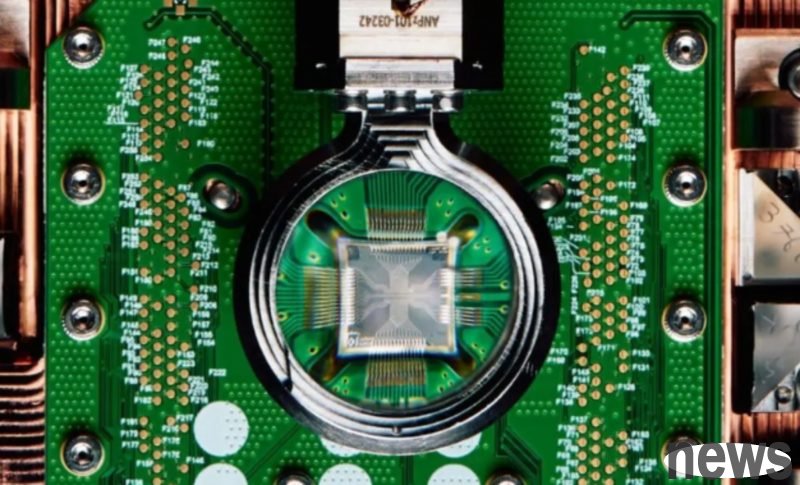Niccolò de Masi, executive director of quantum computing company IonQ, recently said that the company plans to launch 10,000 qubit quantum chips in 2027, and will eventually "eliminate" NVIDIA's Blackwell architecture GPU. He emphasize...

Niccolò de Masi, executive director of quantum computing company IonQ, recently said that the company plans to launch 10,000 qubit quantum chips in 2027, and will eventually "eliminate" NVIDIA's Blackwell architecture GPU. He emphasized that even if traditional GPUs have "time of the entire universe" to calculate, they still cannot reach the scale of problems that quantum computers can solve.
The $IONQ CEO went on Bloomberg this morning claiming their quantum compute will surpass all $NVDA GPU compute by 2027 — and even called Blackwell a joke. This kind of hyper ends in tears. IonQ will be adding another Q in due time. 😭 @MartinShkreli pic.twitter.com/B8UKUZV00G
— Ben Pouladian (@benitoz) September 16, 2025
de Masi pointed out that IonQ has accelerated its technical progress through its purchase of British Oxford Ionics and is expected to expand IonQ's processor to qubit level by 2027. He believes that with the maturity of quantum logic gates and the breakthrough in error correction mechanisms, GPUs with traditional architectures will appear "passing" in some key applications (chemical simulation, password, optimization).
What are the special features of IonQ’s chips?IonQ's quantum chips use a "trapped ion" architecture. Unlike IBM and Google's ultra-guided quantum computers, they do not require an extremely low temperature environment, but use lasers to manipulate ion in a vacuum as a qubit. This design coherence time is longer and calculation errors are considered to be a more stable technical route. In addition, IonQ's quantum computers currently mainly provide services through cloud APIs. Unlike GPUs, they can be directly plugged into servers and deployed in data centers. The two are in completely different directions. . The outside world is therefore skeptical: Can IonQ's chips really challenge Blackwell in 2027?
High cost and fewer applications are the biggest challengeCompared with GPUs, the hardware cost of quantum chips is still relatively high: vacuum cavity, laser and special control systems are required. Even though IonQ's qubit number can continue to improve, there is still a big gap between NVIDIA's GPU in terms of computing speed, software integration and cloud integration. Although CSP (cloud service providers) such as AWS and Azure have integrated IonQ services, most use cases are still in the research and verification stage, and there is still a distance between mainstream business applications such as AI model training.
Quantum chips replace GPUs? It seems to be earlyFrom the industry, although IonQ's blueprint is ambitious, it is not feasible in the short term. Quantum chips have not yet reached the mature business scale, and the demand for CSP machine room computing is moving towards a more rapid and stable direction, especially in 2026, optical communication technology will be introduced into AI servers, greatly improving the connection efficiency of traditional GPUs. In addition, NVIDIA launches new architecture GPUs almost every year, which continues to reduce the competitive space, so IonQ is still out of reach for replacing Blackwell in the short term.
IonQ’s CEO Claims That Their Quantum Chips Will Make Classical GPUs Like NVIDIA’s ‘Blackwell’ Look Outdated By 2027